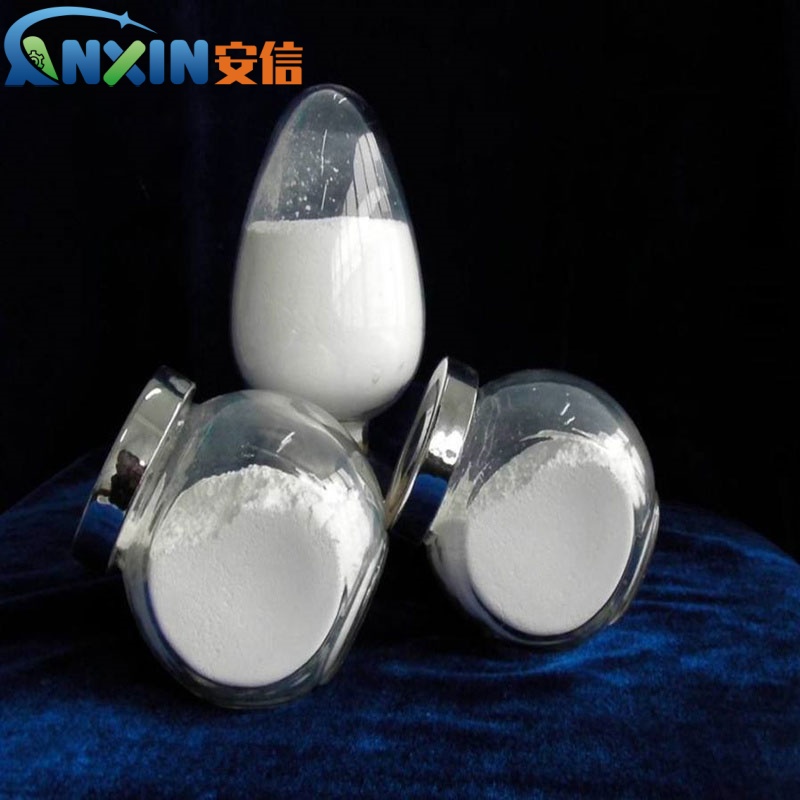Application of instant hydroxypropyl methyl cellulose ether in mechanical spray mortar!
Mechanical spray mortar, a key component in modern construction, requires additives to enhance its performance. Instant hydroxypropyl methyl cellulose ether (HPMC) is one such additive known for its water retention, thickening, and binding properties.
Introduction:
Mechanical spray mortar, a widely used construction material, plays a crucial role in building facades, repairs, and various other applications. Its composition involves a blend of aggregates, cementitious materials, and additives to achieve desired properties. Among these additives, instant hydroxypropyl methyl cellulose ether (HPMC) stands out for its versatility and effectiveness. Instant HPMC, derived from cellulose, offers a range of benefits including water retention, thickening, and improved workability. This paper delves into the application of instant HPMC in mechanical spray mortar, focusing on its role in enhancing workability, adhesion, and durability.
Properties of Instant HPMC:
Instant hydroxypropyl methyl cellulose ether (HPMC) is a cellulose derivative obtained through chemical modification. Its molecular structure allows for efficient water retention, thereby preventing premature drying of mortar mixtures. Additionally, HPMC acts as a thickening agent, enhancing the viscosity of mortar slurries without compromising flowability. This property is particularly advantageous in mechanical spray applications, where proper adhesion and consistency are essential. Moreover, HPMC contributes to improved adhesion by forming a protective film around aggregate particles, facilitating better bonding with substrates. These combined properties make instant HPMC a valuable additive for mechanical spray mortar formulations.
Role of Instant HPMC in Mortar Formulation:
In mechanical spray mortar, achieving the right balance of properties is crucial for optimal performance. Instant HPMC plays a vital role in mortar formulation by imparting desirable characteristics to the mixture. Firstly, HPMC enhances workability by prolonging the open time of the mortar, allowing sufficient time for application and finishing. This extended workability is especially beneficial in large-scale projects where rapid application is necessary. Furthermore, instant HPMC improves cohesion within the mortar matrix, minimizing segregation and ensuring uniform distribution of aggregates. As a result, the sprayed mortar exhibits enhanced homogeneity and consistency, reducing the likelihood of defects such as voids and cracks.
Moreover, instant HPMC contributes to the adhesion of mechanical spray mortar to substrates. By forming a thin film around aggregate particles, HPMC promotes interfacial bonding, thereby enhancing the overall strength of the mortar system. This adhesion is critical for ensuring long-term durability and structural integrity, particularly in exterior applications exposed to varying environmental conditions. Additionally, the water retention properties of HPMC prevent rapid evaporation of moisture from the mortar surface, minimizing shrinkage and enhancing curing efficiency. As a result, mechanical spray mortar incorporating instant HPMC exhibits improved resistance to cracking and shrinkage-induced defects.
Impact on Performance of Mechanical Spray Mortar:
The incorporation of instant HPMC in mechanical spray mortar has a significant impact on its performance across various parameters. Firstly, the enhanced workability afforded by HPMC allows for smoother application and better coverage, resulting in a more uniform surface finish. This is particularly advantageous in architectural coatings and decorative applications where aesthetic appeal is paramount. Moreover, the improved adhesion provided by HPMC ensures greater bond strength between the sprayed mortar and substrate, reducing the risk of delamination or detachment over time. This is critical for ensuring the longevity and structural integrity of the finished surface.
the water retention properties of instant HPMC contribute to improved curing of the sprayed mortar, resulting in enhanced durability and resistance to environmental factors such as moisture ingress and freeze-thaw cycles. Additionally, the thickening effect of HPMC helps in reducing sagging and dripping during application, ensuring better control over the thickness and uniformity of the
sp rayed layer. Overall, the incorporation of instant HPMC in mechanical spray mortar leads to superior performance in terms of workability, adhesion, durability, and aesthetic appeal, making it a preferred choice for modern construction projects.
Challenges and Future Prospects:
Despite its numerous benefits, the application of instant HPMC in mechanical spray mortar is not without challenges. One such challenge is the potential interaction between HPMC and other additives or cementitious materials in the mortar mixture, which can affect its performance and compatibility. Therefore, careful selection and optimization of formulation parameters are essential to ensure compatibility and maximize the benefits of HPMC.
the cost considerations associated with instant HPMC may pose a barrier to its widespread adoption, especially in large-scale construction projects. However, advancements in production technologies and increased market competition are expected to drive down costs, making HPMC more economically viable in the long run.
Looking ahead, further research and development efforts are needed to explore the full potential of instant HPMC in mechanical spray mortar applications. This includes investigating its compatibility with alternative binders and additives, as well as optimizing its dosage and formulation parameters for specific performance requirements. Moreover, the development of sustainable and eco-friendly variants of instant HPMC aligns with the growing emphasis on green construction practices and environmental stewardship.
Conclusion:
Instant hydroxypropyl methyl cellulose ether (HPMC) offers a range of benefits for enhancing the performance of mechanical spray mortar. Its water retention, thickening, and adhesion properties make it a valuable additive for improving workability, adhesion, and durability. By incorporating instant HPMC into mortar formulations, construction professionals can achieve superior results in terms of application efficiency, bond strength, and long-term performance. While challenges such as compatibility and cost remain, ongoing research and development efforts are expected to further expand the application of instant HPMC in mechanical spray mortar, contributing to advancements in modern construction practices.
Post time: Apr-08-2024
